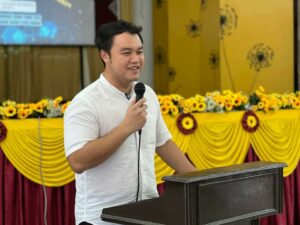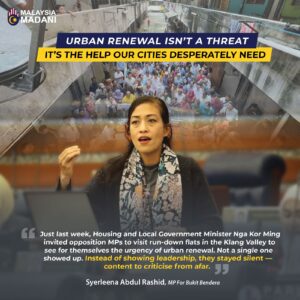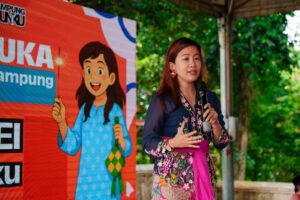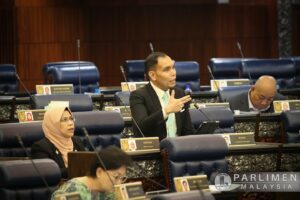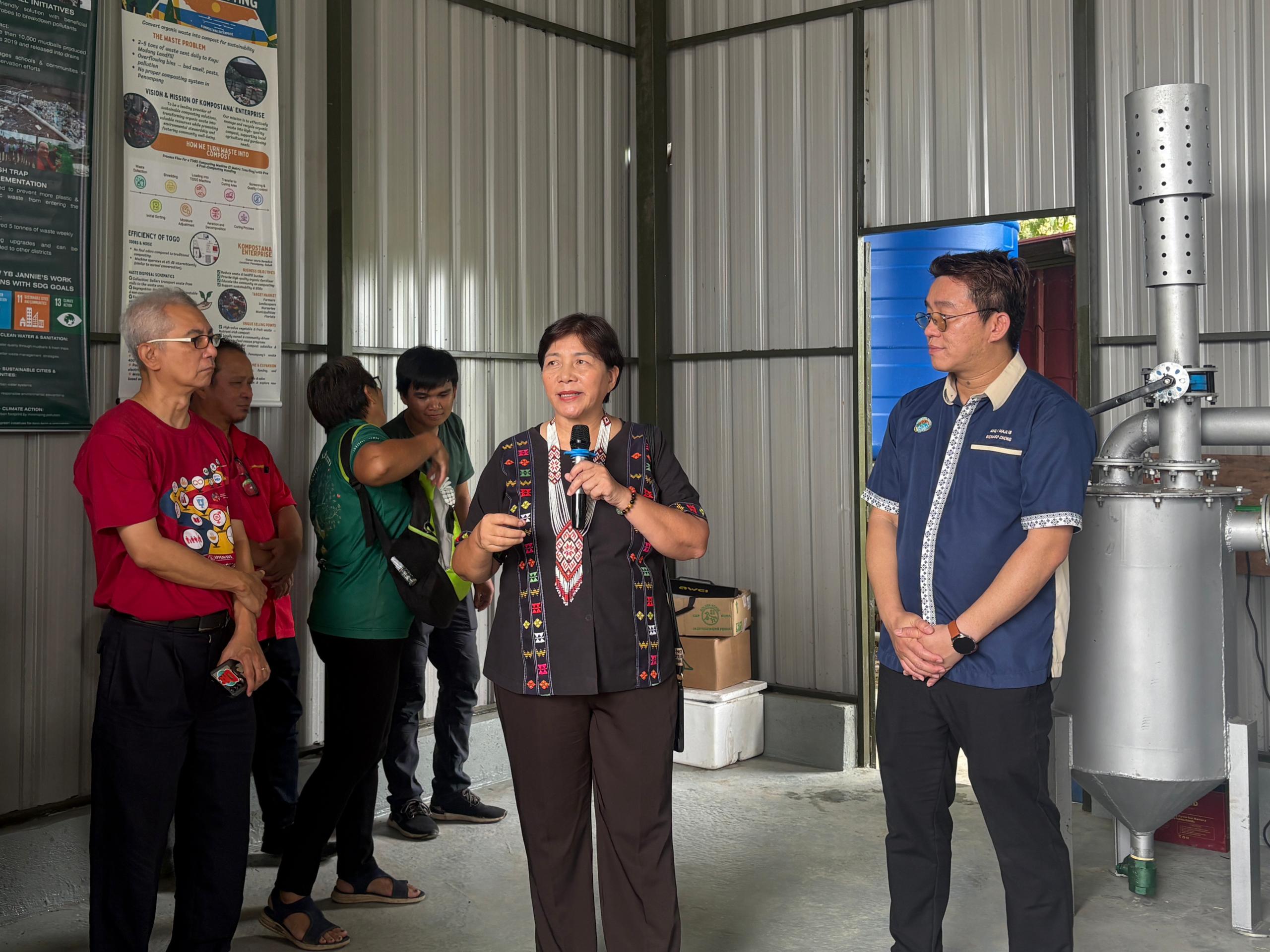
Sabah has immense potential to align with the United Nations Sustainable Development Goals (SDGs), particularly in urban sustainability, waste management, and green initiatives. With rapid urbanisation and environmental challenges, Sabah must integrate sustainable practices to ensure long-term resilience and economic growth.
Jannie Lasimbang, ADUN Kapayan said this at a 2-day Seminar in Kota Kinabalu to share lessons learned from a visit to Copenhagen, Denmark in August 2024 by representatives of local governments from Penang, Selangor, Negeri Sembilan, Sarawak and Sabah and the All Party Parliamentary Group Malaysia (APPGM) on the SDG. The group learned about initiatives aligned to the SDG that are implemented there.
“The Seminar also shared on initiatives that participants have done to apply the SDGs in Sabah so we can slowly but surely set a sustainable path forward.”
The project started with a Conference by SocDem Asia Pacific in August 2022 in Sabah entitled “Advancing the SDGs in Asia”. That event gathered social democratic parliamentarians from the region to evaluate the progress of the SDG and discuss strategies to overcome their implementation.
“In Sabah’s hot and wet environment, one crucial area is on organic waste management. I believe the government should implement large-scale composting facilities and promote community-based composting programmes.
Jannie said that an estimated 2 tons of mixed organic and non- organic waste that are transported daily to the Kayu Madang Landfill from Pasar Pemborong Sayur in Penampang, will soon be processed by a composting machine.
“Incentives for households and businesses to reduce food waste and repurpose organic materials into fertiliser can significantly cut landfill waste and methane emissions. Policies that encourage segregation at source will also make recycling efforts more efficient.
“In urban planning, Sabah must adopt smart growth strategies that emphasise mixed-use developments, public transport, and green spaces. Townships should be designed to reduce reliance on private vehicles, enhance walkability, and integrate sustainable drainage systems and reservoirs to mitigate flooding.
Sustainable infrastructure, such as solar-powered streetlights and rainwater harvesting, should be the standard in new developments.
“It’s quite possible to do so – in the last two years, my ADUN office has installed 270 solar streetlights costing about RM850,000 and installed rainwater harvesting in schools and community halls” Jannie added.
“Sabah must also create livable cities, and to do that it should prioritise affordable housing, green public spaces, and efficient public transport.
Present at the Seminar were Annette Larson, International Consultant of Social Democratic Party of Denmark; Joshua Woo, ADUN Pulau Tikusic transport was rebuilt to respect pedestrians and to improve cycling infrastructure that encouraged sustainable mobility. I sincerely hope that in Sabah we can start planning our towns and cities to build more covered walkways to provide pedestrians cover from the hot sun and rain that is part of our daily lives. Smart city technologies, such as waste-tracking systems and energy-efficient buildings, can improve urban sustainability and residents’ quality of life.
“Promoting green initiatives among private sectors and communities is vital. The government should introduce tax incentives for businesses that adopt renewable energy, sustainable supply chains, and carbon offset programmes. Public-private partnerships can drive green projects, such as urban farming, eco-tourism, and community-led conservation efforts.
“Education institutions play a key role in building a sustainable future. Schools and universities must incorporate sustainability principles into their curricula, ensuring that students understand the importance of SDGs. Specialised courses on environmental management, renewable energy, and waste reduction should be introduced at all levels.
“In our visit to a vocational training institution in Copenhagen, we found that the courses they offered revolved around the needs of the sustainable city. Likewise, it is essential for our vocational training like TVET to equip citizens with skills needed for green industries. Programmes should focus on sustainable construction, solar panel installation, organic farming, and eco-tourism. Strengthening technical education in these areas will create a workforce that supports Sabah’s sustainability goals while boosting employment opportunities.
“By integrating SDG principles into governance, education, and industry, Sabah can transition into a model of sustainability in Malaysia. With proactive policies and strong community engagement, Sabah can achieve long-term environmental, social, and economic resilience.
Jannie said that the Seminar ended on a good note with participants committing to level up the small initiatives that are aligned to the SDG, and that local government authorities, NGOs and the private sector will collaborate together to find solutions to every challenge that faced.
Present at the Seminar were Annette Larson, International Consultant of Social Democratic Party of Denmark; Joshua Woo, ADUN Pulau Tikus, Penang; Anthony Tan from APPGM-SDG; representatives from Penampang Municipal Council, Kota Kinabalu City Hall, Putatan District Council, Sewerage department as well as NGOs and the private sector.
